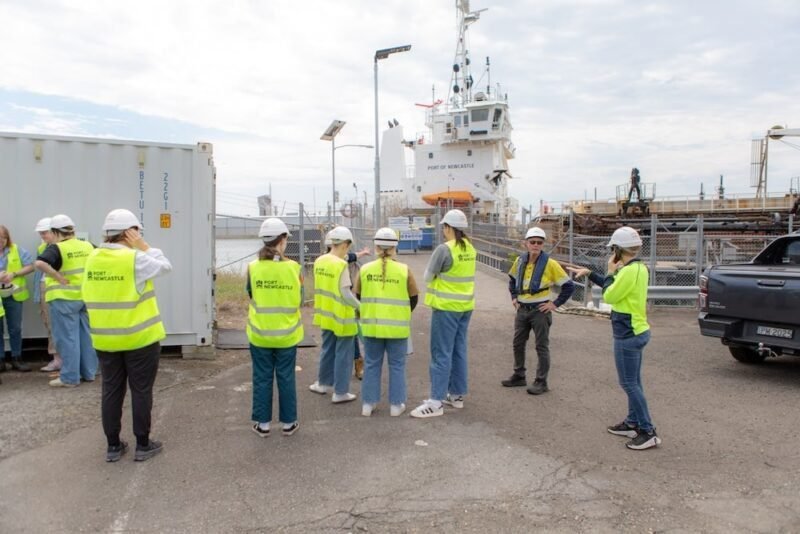A climate change protest off the coast of Australia’s New South Wales State caused disruption at the Port of Newcastle, the country’s largest terminal for coal exports. The protest led to the arrest of 170 demonstrators who refused to move from the shipping channel. The port, located 170 km from Sydney, is a crucial hub for bulk shipping on Australia’s east coast. Despite the protest, a Port of Newcastle spokesperson stated that operations were minimally affected, with only one inbound vessel forced to reschedule due to protesters in the channel.
The protest, organized by the climate activist group Rising Tide, lasted for 50 hours and aimed to draw attention to the environmental impact of coal exports. The vessel that was forced to turn around as a result of the protest was a coal ship. This incident reflects the ongoing debate surrounding climate change in Australia, a major player in the global coal market. It is not the first time such protests have disrupted operations at the Port of Newcastle, with a similar incident occurring in November last year.
Despite the disruptions, the port operator assured that operations would continue as normal on Sunday as long as the shipping channel remained clear. The New South Wales police worked to maintain order and keep the harbour open amidst the protest. The incident underscores the growing concern over climate change and the push for more sustainable practices in industries like coal exportation. The protest serves as a reminder of the need for environmental activism and the challenges faced in transitioning to a greener economy.







